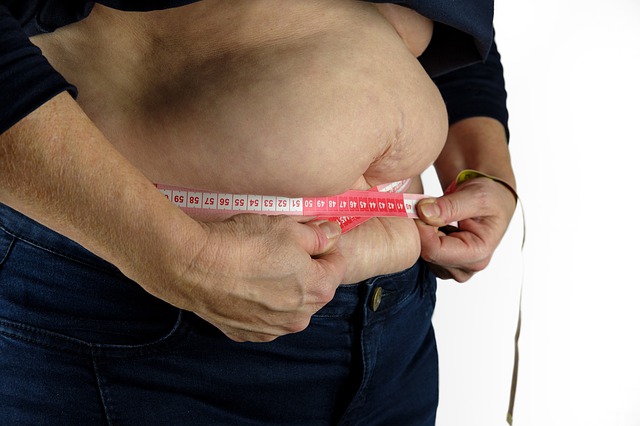Being overweight isn’t all about how you look in your clothes or lacking that summer beach body. While most of us want to look our best, having weight problems – especially excessive weight problems – can lead to other complications that can be far more serious than our physical appearance. In certain circumstances, losing weight is critical to our health, but diet and exercise can often prove to be too slow a process.
We’ll take a look at just some of the health issues that can arise from weight gain and obesity, and how bariatric surgery procedures can provide much faster weight loss solutions.
Heart Disease and Heart Attacks Are a Major Concern
Without going deep into medical jargon, there are a number of key ways that being overweight can grossly affect the health of a person’s heart. Let’s imagine someone is double their ideal body weight. That’s a lot of excess baggage to carry around, and this extra weight constantly puts added strain on the heart. The heart muscle is working harder all the time just to pump enough blood through the body for it to keep moving.
Obesity often means high levels of bad cholesterol as well, something known to clog arteries and potentially causes heart disease.
High Blood Pressure
Generally speaking, your blood pressure can rise as you gain weight. The more extra kilos your body puts on increases the chances of your blood pressure going up as well. Not everyone who gains weight will have high blood pressure levels, and not everyone with high blood pressure is overweight. Chances are strong that if you’re majorly overweight your blood pressure could arise, and this can also lead to heart problems in the future.
Obesity Can Lead To Type 2 Diabetes
Obesity can lead to insulin resistance due to excess levels of fatty acids in the system. This can then evolve into the person developing Type 2 diabetes.
Losing that excess weight not only helps in the prevention of diabetes but can also help Type 2 diabetes sufferers live a more fulfilling and healthy lifestyle.
Extra Strain On Joints and Muscles
This could be as mild as feeling a little sore in the leg muscles after walking, to something more extreme like developing arthritis in the knees.
It’s only natural that carrying around excess body weight will put a lot more strain on the body’s muscles and skeletal structure, in particular the joints like knees and ankles.
The entire reason ideal body weights have been calculated is the body performs at its optimum in these ideal weight zones. Being underweight can also cause some health concerns, but being overweight is a much more common problem these days.
How Bariatric Surgery Can Help You Lose More Weight Faster
This post has only highlighted a snapshot of the potential health problems that can arise from being overweight, but the examples have illustrated just how important it is to shed those kilos and target getting back into a more ideal weight range.
Diet and exercise should be an integral part of everyone’s lifestyle, but when it comes to conditions like severe obesity, they have been found to be insufficient for the majority of people. weight loss surgery allows people to lose far larger amounts of weight more rapidly than they could usually manage by themselves.
The most common and effective bariatric surgery procedures are:
- Sleeve Gastrectomy
- Gastric Bypass Surgery
- Lap-Band Surgery (Gastric Banding)
- Gastric Balloon
- Endoscopic Sleeve Gastroplasty
Some of these procedures are more invasive than others, so it’s best to talk to a specialist about which one is right for you. If you are concerned about your BMI please get in touch with one of our helpful team. For example, bariatric surgery if you live in the NSW capital.
Essentially, all of these bariatric procedures are designed to reduce the capacity of the stomach. The reason is simple: The smaller the stomach, the less food and calories the patient can consume. Less food intake naturally leads to weight loss.
The real advantage of bariatric surgery is it speeds up the weight loss process. Patients feel full after consuming only small amounts of food. Combine the procedure with a healthy diet and regular exercise and the kilos start coming off in fairly quick time, reducing the likelihood of the patient developing serious health problems.





